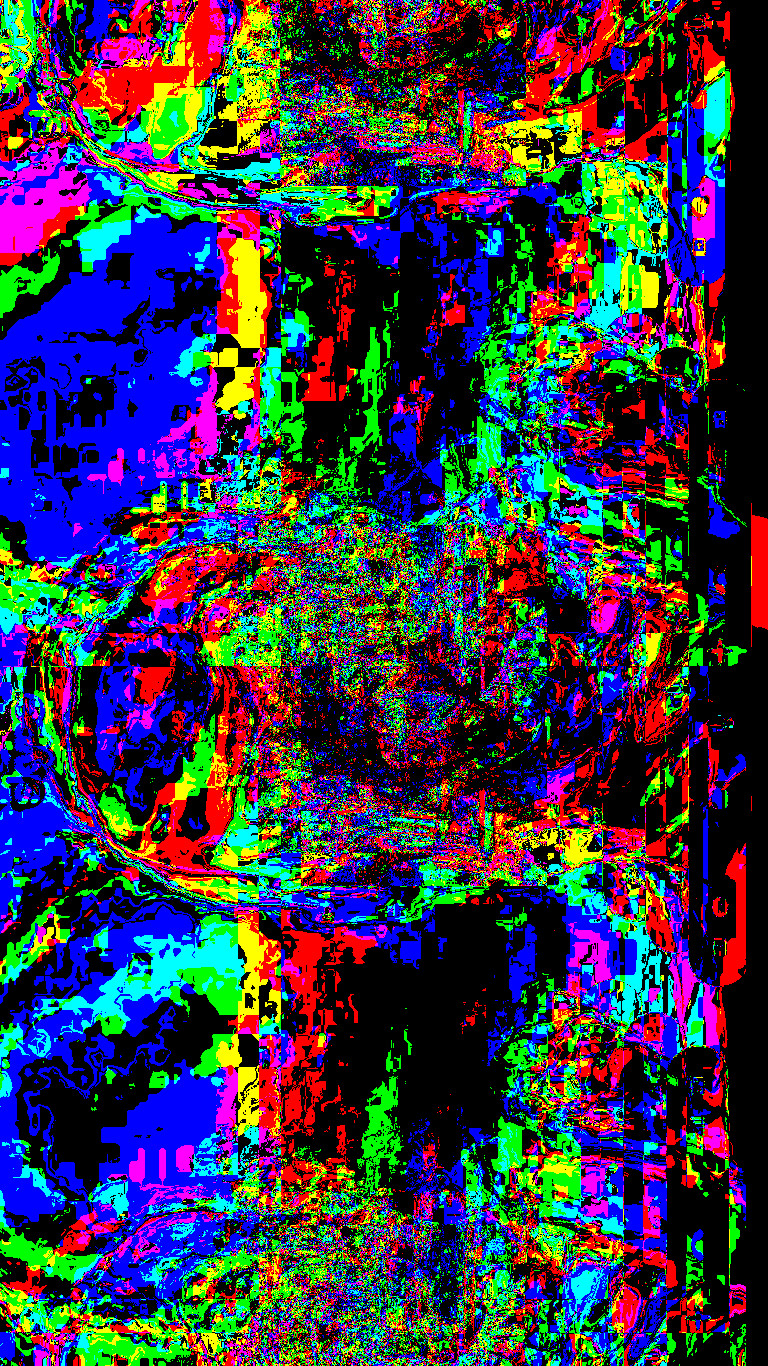revew: Scottee – Bravado
Bravado/
by Scottee/
The Britons Protection/
HOME/
28-30/09/2017//
Scottee: ‘I Fear Working Class Men’
Scottee is a real man.
/The Britons Protection is a proper pub, the sort of place I’d rather go for a pint in. The distinction I usually make between places I prefer going for a pint and others is a sort of pub/bar dichotomy. Pubs remind me of Derby, the mates I went to school with, of going out for some drinks with my Dad and coming back drunk with a Chinese takeaway. Bars are crowded and noisy and have people wearing suits in them. Pubs are polo shirts and trainers and everyone knows everyone else. It’s funny I associate this sort of place, this kind of aesthetic, with authenticity. It’s so masculine. And a lot of the reading I do and the discourse I see codes masculinity as a sort of fragile act, takes the stance that all the bravado isn’t real, that all these men and places are pretending.
They’re not pretending, they are real. Gender roles may be harmful to a host of popular value-systems but they are material. We cannot separate ourselves from our own behaviour. Which isn’t to say masculinity isn’t an act; it is, and it is fragile, but there isn’t anything underneath it. Or rather, there are seldom functioning people underneath it. Bravado is a codex, letting enough through that we can get through living./
The other men are also real.
/Which does not make for a forgiving or compassionate system of social interactions. Men hurt each other, men hurt women, men hurt themselves. Women are scared of men. Men are scared of each other.
There are wounds everywhere. We’ve all got wounds. Scottee is letting his wounds breathe. I find the whole show a strange, liminal experience. The script is a sharply-written series of accounts, stories from Scottee’s experience of growing up male on an estate in North London. It recounts violence, abuse, addiction and turbulence, calmly and plainly. There’s little space for flower or poetry; cold prose is sufficient and necessary. Which isn’t to say Bravado is devoid of charm or humour. It is warmly told. Shared.
Scottee himself does not make an appearance. The show is performed by a volunteer from the audience. The first five minutes are spent in silence waiting for someone to raise their hand and announce themselves willing. She isn’t tall, and the microphone has to be lowered for her./
Which is the problem.
/The silences before she volunteers and as the operator whispers instructions to her are potent. She begins to read and Scottee takes form, wordlessly and without presence. The summoned man is not there. We understand him, as best we each can, from the thoughts we have brought into the room and the images which are revealed to us.
If you like, patriarchy is The Invisible Man: the man and maleness which acts without needing to be an external force – is already some deep quality and combination of natures within us. We are all behaviours, tendencies, acting our ways through the world. Masculinity in Bravado is ingrained, we sing along to Oasis songs, we recognise adverts on the telly, which tell us what it is to be a man.
I feel at ease in masculine spaces. I would often rather be in them. But at the same time the tension of belonging acts upon them. Fitting into a place is not a binary action of welcome or not, it is a balancing act in a strong breeze.
I came to Bravado, a show ‘about working class masculinity’, expecting to maybe find something very familiar. The very alien nature of Scottee’s own experiences in contrast to mine reminds me of how exclusionary masculinity is by its very nature. Less about belonging so much as about not falling out of place.
There are two qualities to masculinity: fear and violence. Fear because violence might be done to us. Violence to hold back the fear. There are more qualities, of course.
/
Because if they weren’t, they couldn’t have.
//
